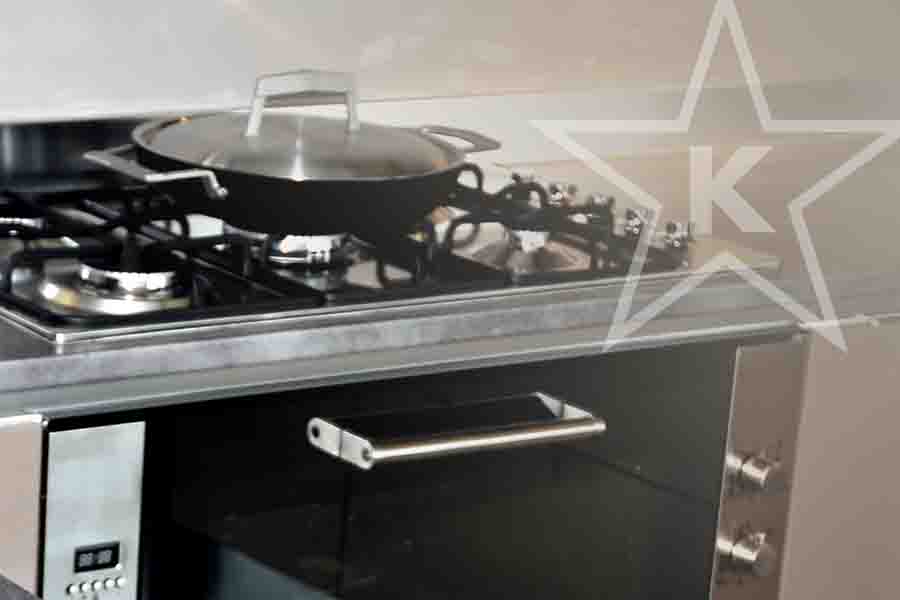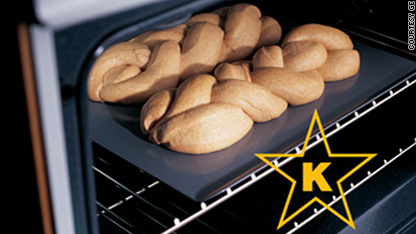Kashrus Kurrents Spring 2018
Q: May one pet an animal on Shabbos?
A: Chazal enacted a takanah designating certain types of objects as muktzah, thereby limiting a person’s freedom to move those items on Shabbos. There are various categories of muktzah with differing degrees of limitation of movement. For example, a utensil which is generally used for an activity prohibited on Shabbos is muktzah. A naturally occurring object such a stone is also muktzah unless it has been designated before Shabbos for a specific purpose. Similarly, the Talmud states that an animal is muktzah.
In former times, it was common for children to play with young birds and listen to them sing. Tosefos suggests that a bird should not be considered to be muktzah as it can be used as a distraction for a crying child. However, Tosefos rejects this and concludes that birds are muktzah. Similarly, the Shulchan Aruch paskens that animals […]






 STAR-D
STAR-D STAR-S
STAR-S